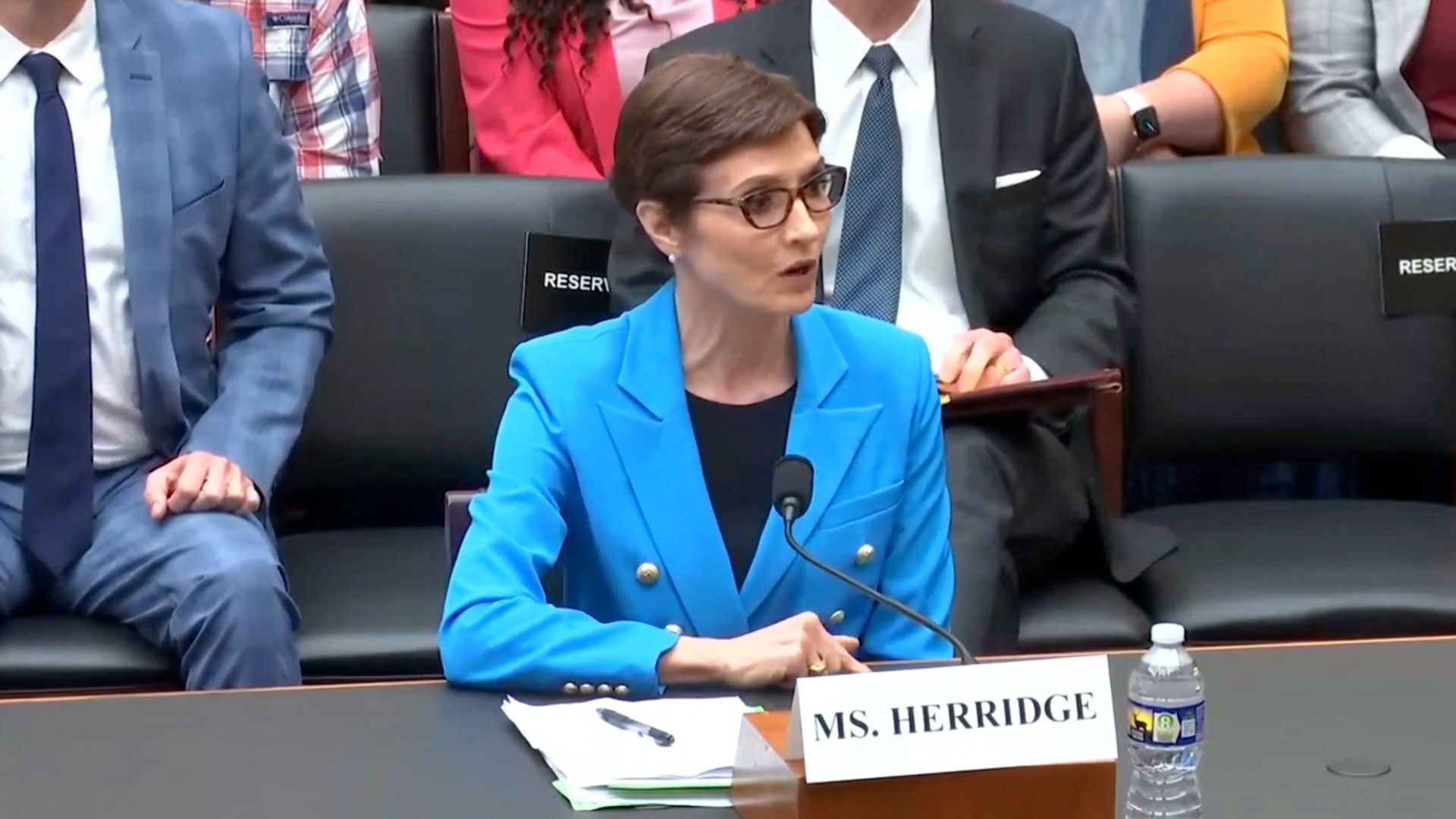
‘A journalistic rape’: Herridge testifies about CBS News document seizure
Media Landscape
See who else is reporting on this story and which side of the political spectrum they lean. To read other sources, click on the plus signs below.
Learn more about this dataLeft 100%
Center 0%
Right 0%
[Catherine Herridge]
“When my records were seized, I felt it was a journalistic rape.”
[RAY BOGAN]
Veteran investigative journalist Catherine Herridge testified before Congress Thursday and discussed her firing from CBS News. She explained that she was let go on a zoom call, locked out of her emails and office. Herridge said CBS then seized hundreds of her reporting files including confidential source information.
[Catherine Herridge]
“When the network of Walter Cronkite ceases your reporting files, including confidential source information. That is an attack on investigative journalism.”
[RAY BOGAN]
Herridge said the files were eventually returned with the help of her union Sag-AFTRA.
But while Herridge’s termination and reporting files have made headlines, the hearing was held to build support for a bill that could help all journalists be protected from government overreach, the Press Act.
If passed it would shield journalists from government attempts to obtain the identities of their confidential sources.
[Rep. Mary Gay Scanlon]
“So confidential sources provide crucial information to reporters that helps them to share full and impactful stories with the public, and government attempts to undermine the confidentiality of those sources erodes the presses ability to perform that function”
[RAY BOGAN]
The Press Act would prohibit the federal government from compelling journalists to disclose protected information including sources, records, communications, documents or anything obtained or created by the journalist in the course of their work.
It provides similar protections for telecommunications services, like phone and internet companies, and social media companies.
There are exceptions for specific circumstances like preventing terrorism or imminent violence.
The bill passed the House without objection but has not been taken up in the Senate.
[Rep. Chip Roy]
“It is now the Senate’s turn to take up this legislation to continue Congress’s commitment to protecting our fundamental freedoms. Our Constitution constitutional guarantee of a free press is under attack.”
[RAY BOGAN]
Both Democratic and Republican administrations have been guilty of surreptitiously seizing source information from journalists.
The Trump administration secretly seized phone records from three Washington Post reporters and tried to obtain their emails in an attempt to identify confidential sources on Russia’s role in the 2016 election.
The Obama administration issued a secret search warrant for Fox reporter James Rosen’s emails after he reported that North Korea would respond to sanctions with more nuclear tests.
Herridge is facing a court ordered fine of $800 per day in a case involving her confidential sources. She says she’s making the right decision to protect their identity.
[Catherine Herridge]
“I have not lost a night’s sleep about my decision to protect my confidential sources that is the core of who I am as a journalist. I am facing contempt fines, because I am upholding the most basic principle of journalism: if you cannot offer a source, a promise of confidentiality. As a journalist, your toolbox is empty.”





